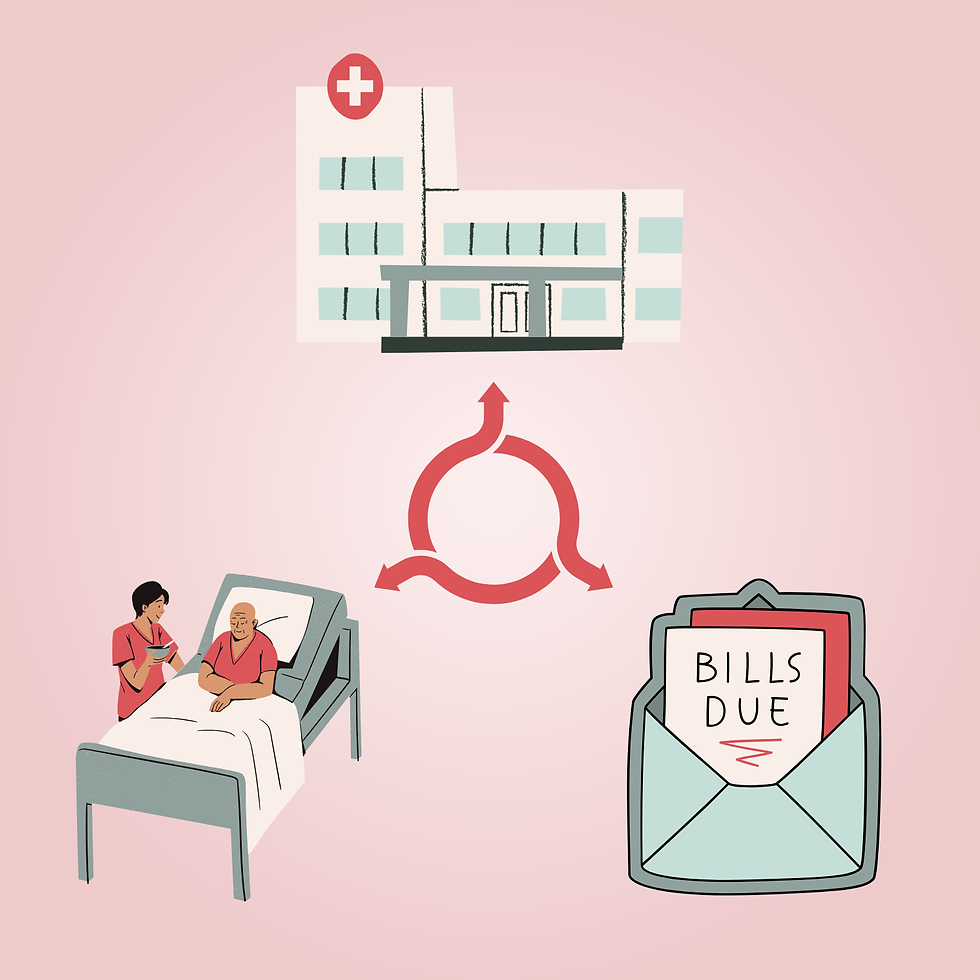The Mental Pressures of Re-entering the Real World
- Dhanasheel Muralidharan
- Oct 10, 2021
- 3 min read
It’s been well over a year and a half since the world went into lockdown and the average day for everyone completely changed. We lost the ability to see our friends and families face-to-face and the ability to do countless day-to-day activities. But as we slowly adjusted to our isolation bubbles, we adapted and quickly learned how to traverse life through the internet without human contact. However, as we now enter into the latter part of 2021, the world around us is finally returning to some sense of normalcy. Businesses and restaurants are welcoming customers, Zoom meetings are becoming in-person ones, and students are returning to their classrooms. Yet, no matter how “normal” life may seem, it is impossible to pretend that this pandemic hasn’t radically altered the world we live in.

It is that truth that has led to the most understated, long-standing effect of the pandemic: the mental toll that it has placed on everyone, namely in the form of “re-entry anxiety.” There has been a significant increase in the reports of anxiety and depression symptoms, with over 40% of people in the US reporting some form of mental health issue. Luana Marques, a clinical psychologist from Harvard Medical School, states that these rates are not “going to go back to baseline anytime soon.” She bases these claims on the past, where significantly stressful events have left affected communities with higher anxiety levels than those unaffected. While these anxiety levels stem from the pandemic itself, the situation will not be benefited by the stresses of leaving our isolated bubbles. Our social interaction skills are not as sharp as they once were, and simple social interactions that were once easy may prove more difficult than we expect. As Elissa Epel, a professor from the University of California, San Francisco, states, “We’re re-entering a different world, with new rules, and we are coming from different pandemic experiences.” The expectations in this new society are completely different from those in our past, and these changes will present new social challenges the average person will have never encountered before. Whether that be having difficulties reading emotions through a mask or having to ask someone to take a step back mid-conversation or anything in between, there’s a multitude of social issues that stem from the steps society is taking to return to a normal world. However, none are more polarizing or stressing as the issue of vaccination. While the scientific community has constantly stressed the importance and benefits of getting vaccinated to the general public, the voices of those who are against it are loud and dangerous. If we expect life to return to normal, it is crucial we can ensure that pandemics like this one are less likely to occur and increase the population’s protection against COVID-19, both of which are possible through vaccination efforts. The stress of a non-vaccinated society, prone to relapse, in combination with the social stresses of re-entering the world, creates an unnecessarily large mental burden on those trying to heal society. The pandemic has undoubtedly left its mark in the minds of people around the world, and we should not expect that mark to fade anytime soon. Given that these concerns are here to stay, the question then arises: what solutions can we implement to ease this ever-increasing anxiety? Experts agree that for those experiencing these worries, gradual re-entry is the most effective and safe method. By taking one step at a time, it is possible to evaluate one’s comfort level at each stage and comfortably navigate the world at that stage. As we move into a new world filled with novel stressors everywhere we go, we join a battle of mental fortitude that calls for everyone to act in society’s favor; it’s a call that everyone must answer together if we hope to return to a “normal” and safer world.
References
https://www.nature.com/articles/d41586-021-00175-z
https://www.ucsf.edu/news/2021/05/420581/feeling-re-entry-anxiety-expert-advice-navigating-covid-19-reopenings



Comments